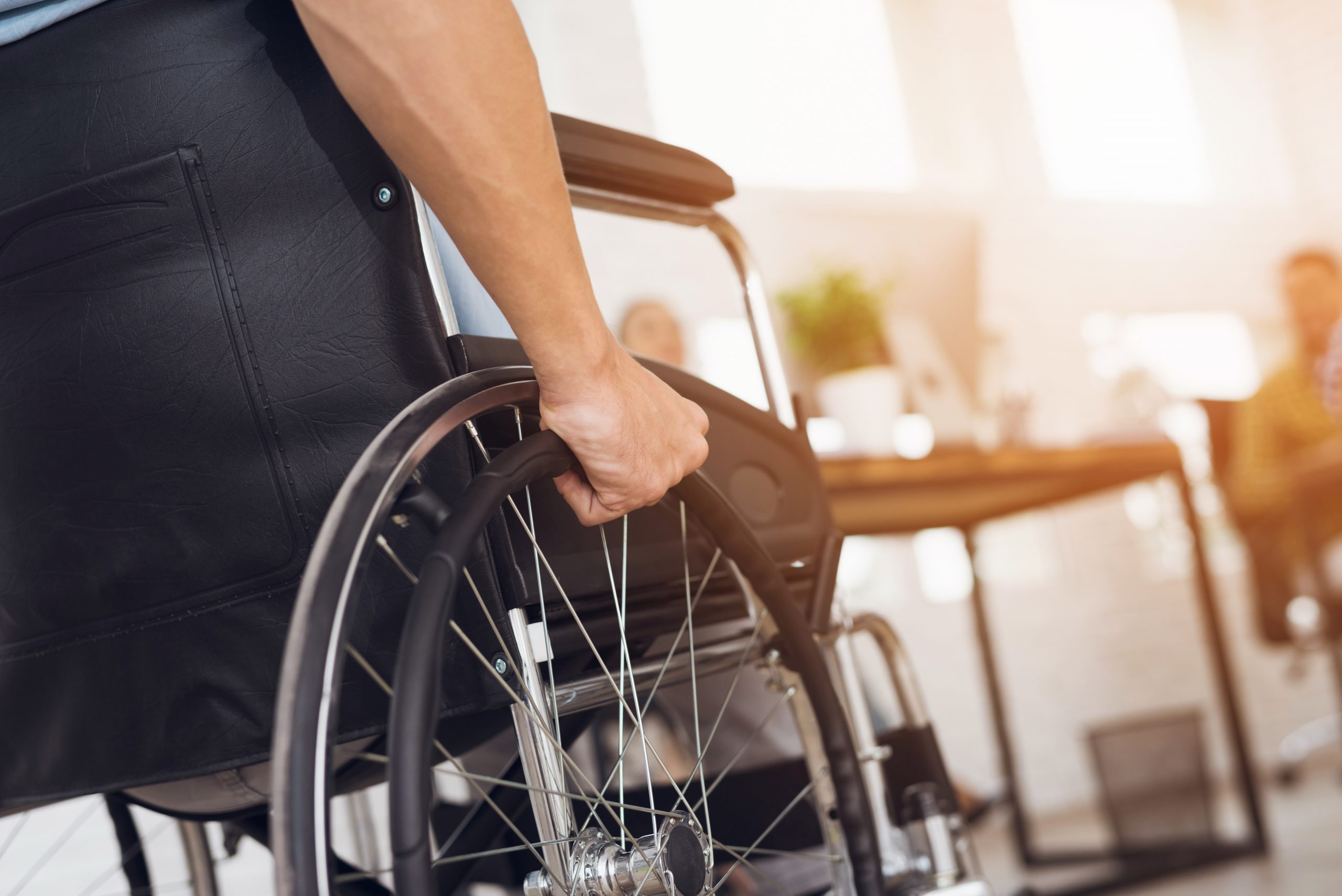Household Bills
Today is ‘disability pay gap day’

Guest Author:
Emma LunnTwo in five (40%) disabled workers have been pushed into financial hardship over the past year, according to a poll by the Trades Union Congress (TUC).
The survey found that disabled workers have been hit hardest in the wallet by Covid-19 and have faced financial hardship, increased debt, and have been forced to use food banks
The poll, carried out for the TUC by BritainThinks, found that 40% of disabled workers faced financial difficulty during the pandemic compared to about 27% of able-bodied workers.
Disabled workers said that they had experienced increasing debt, with more than one in six (16%) seeing their level of debt increase compared to about one in 10 (11%) non-disabled workers.
About three in 10 (28%) disabled workers had been forced to cut back on spending, compared to around two in 10 (18%) non-disabled workers.
The poll also found that disabled workers (6%) were twice as likely to have visited a food bank than non-disabled workers (3%). Disabled workers (22%) were also twice as likely to say they were concerned about losing their jobs than non-disabled workers (11%).

Wellness and wellbeing holidays: Travel insurance is essential for your peace of mind
Out of the pandemic lockdowns, there’s a greater emphasis on wellbeing and wellness, with
Sponsored by Post Office
Disability pay gap day
The poll findings are published alongside new TUC analysis which shows that able-bodied employees earn on average £1.90 an hour (16.5%) more than disabled employees. This equates to £3,458 more a year, based on a 35-hour week.
That means disabled workers effectively stop getting paid today, and work for free for the last 52 days of the year. The TUC has branded today ‘disability pay gap day’.
Disabled women face an even bigger pay gap. Able-bodied men are paid on average 32% (£3.50 an hour, or around £6,370 a year) more than disabled women.
Research by disability charity Leonard Cheshire also found that disabled workers have been left behind by the Covid-19 recovery.
The charity’s study found that the vast majority (89%) of disabled young people aged 18 to 24-years-old said that their work had been affected by the pandemic, and that one in five (19%) employers would be less likely to employ a disabled person than an able-bodied person.
The TUC and Leonard Cheshire are urging the government to act now to close the disability employment and pay gap and ensure disabled people gain and retain quality employment.
Frances O’Grady, TUC general secretary, said: “Disabled workers have been hit hardest by Covid-19. Many have been pushed into financial hardship and left without a safety net. With a cost-of-living crisis looming we need urgent action from ministers.
“As we saw with the last financial crisis disabled people are all too often first in line for redundancy, and those who keep hold of their jobs face a yawning pay gap. Disabled people deserve much better. We need mandatory disability pay gap reporting to shine a light on poor workplace practices that fuel inequality at work. Without this, millions of disabled workers will be consigned to years of lower pay and in-work poverty.”
The TUC is calling on the government to deliver mandatory disability pay gap reporting for all employers with more than 50 employees. It says this should be accompanied by a duty on bosses to produce targeted action plans identifying the steps they will take to address any gaps identified.